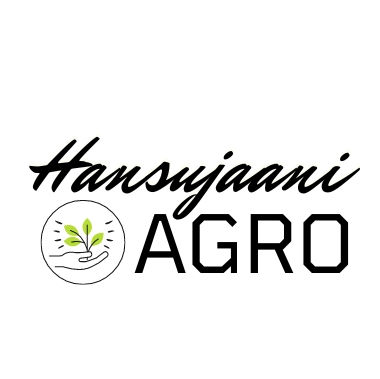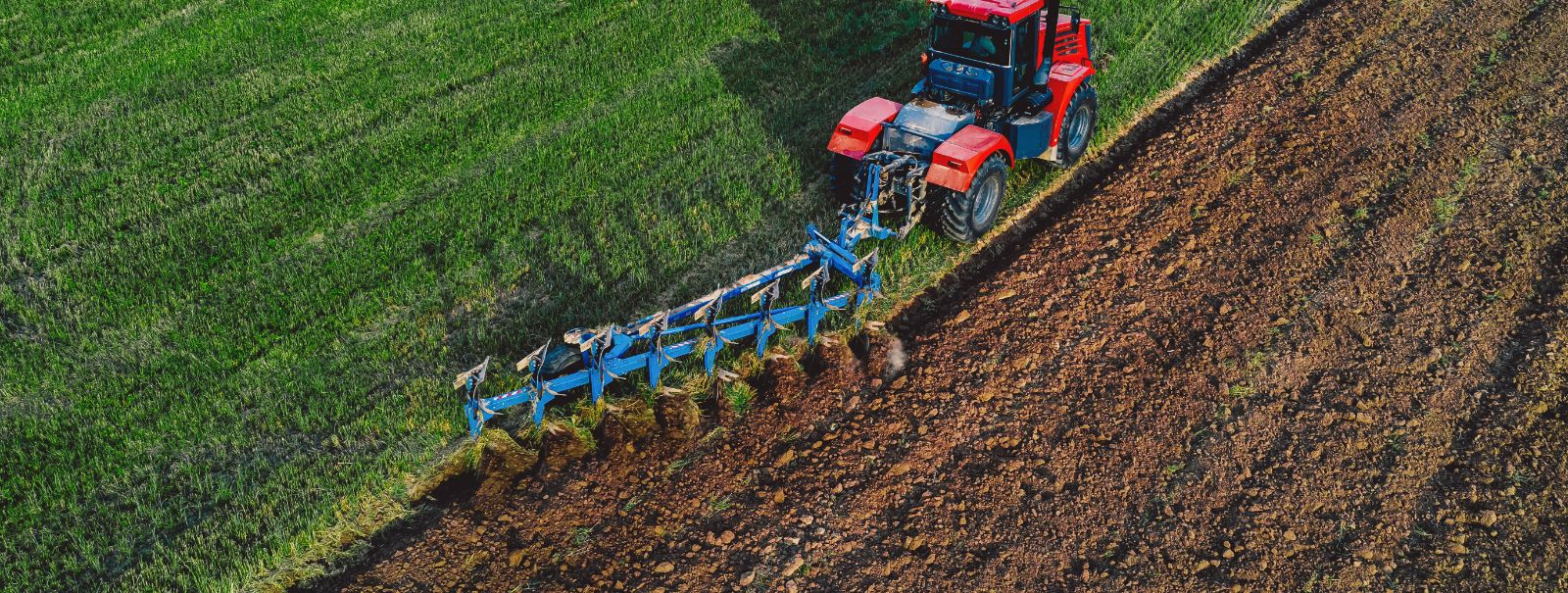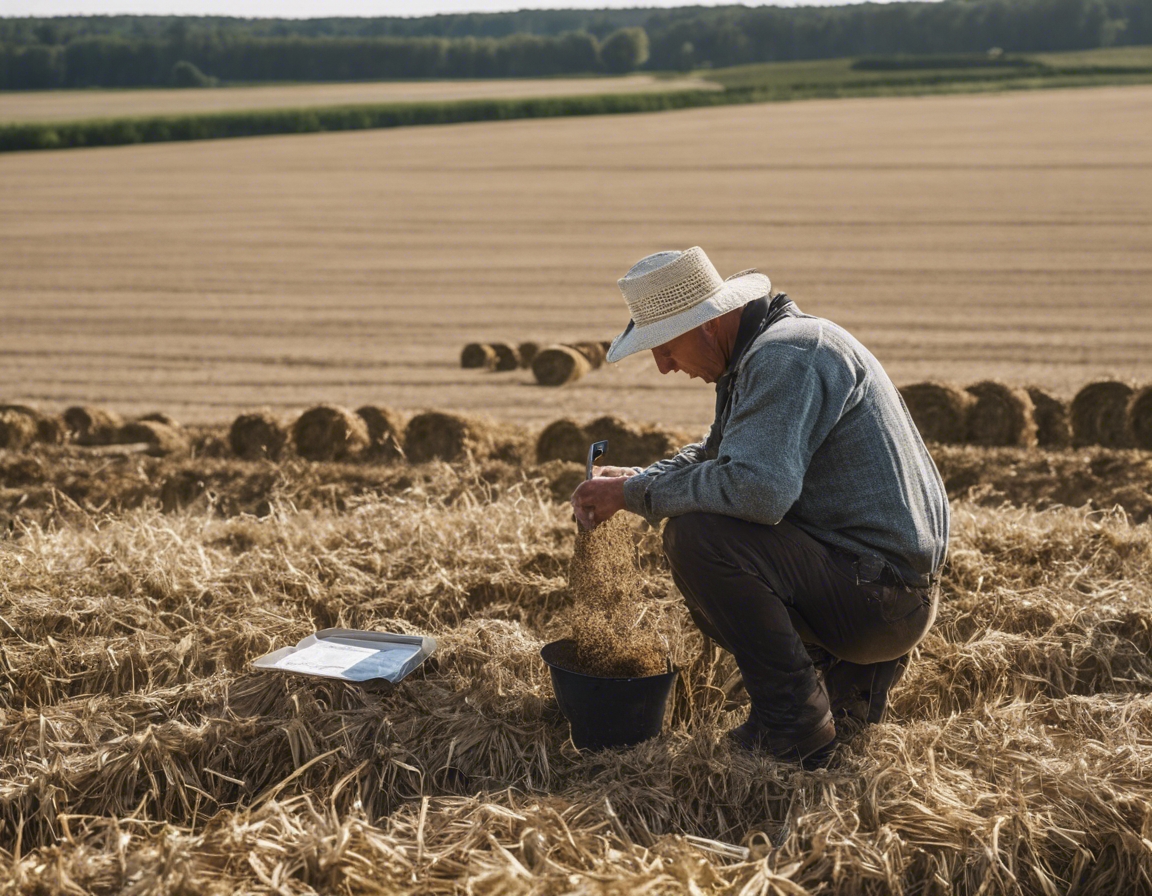Maximizing yield: top field management techniques
Effective field management is the cornerstone of successful agriculture. It encompasses a range of practices aimed at optimizing the growth environment for crops, thereby increasing yield and quality. For Estonian farmers and agricultural businesses, mastering these techniques is crucial for staying competitive in both local and international markets.
Maximizing crop yield involves a multifaceted approach that includes soil health, seed quality, water management, and pest control. By understanding and implementing the right techniques, farmers can ensure a bountiful harvest that meets the demands of grain distributors and supports sustainable farming practices.
Essential Field Management Techniques
Soil is the foundation of all farming activities. Maintaining its health through regular testing, proper fertilization, and organic matter management is essential for high yields. Techniques such as crop rotation and the use of green manures can also enhance soil fertility.
Choosing the right seed is critical for crop success. Factors such as disease resistance, maturity period, and suitability to local climate conditions must be considered. Precision planting techniques can further improve germination rates and crop density.
Water is a vital resource in agriculture, and its efficient use can significantly affect yields. Drip irrigation and other modern systems help deliver water directly to the plant roots, reducing waste and ensuring optimal growth.
Managing pests, diseases, and weeds effectively can prevent significant crop losses. Integrated Pest Management (IPM) strategies that combine biological, cultural, and chemical methods are often the most sustainable and effective.
Advancements in technology have revolutionized field management. Tools such as GPS-guided equipment, drones, and remote sensing can provide precise data for making informed decisions on the farm.
Rotating crops and maintaining diversity in the field can prevent soil depletion, disrupt pest and disease cycles, and improve overall ecosystem health.
Advanced Field Management Practices
IPM is a sophisticated approach that minimizes the use of chemicals while controlling pests. It relies on a thorough understanding of pest life cycles and involves monitoring, biological controls, and targeted interventions.
Conservation tillage, including no-till farming, reduces soil erosion, improves water retention, and builds organic matter. This practice is particularly beneficial for preserving the soil structure and promoting biodiversity.
Cover crops and green manures are planted to protect and enrich the soil. They can fix nitrogen, suppress weeds, and improve soil health, leading to better crop yields in subsequent seasons.
Organic farming principles prioritize the use of natural inputs and processes to manage the farm ecosystem. This approach aligns with the values of environmentally conscious consumers and can lead to premium market opportunities.
Biotechnology offers tools for improving crop traits such as yield, nutritional content, and resistance to stress factors. Genetically modified seeds, for example, can provide benefits in specific growing conditions and are a topic of interest for many progressive farmers.






Comments (0)